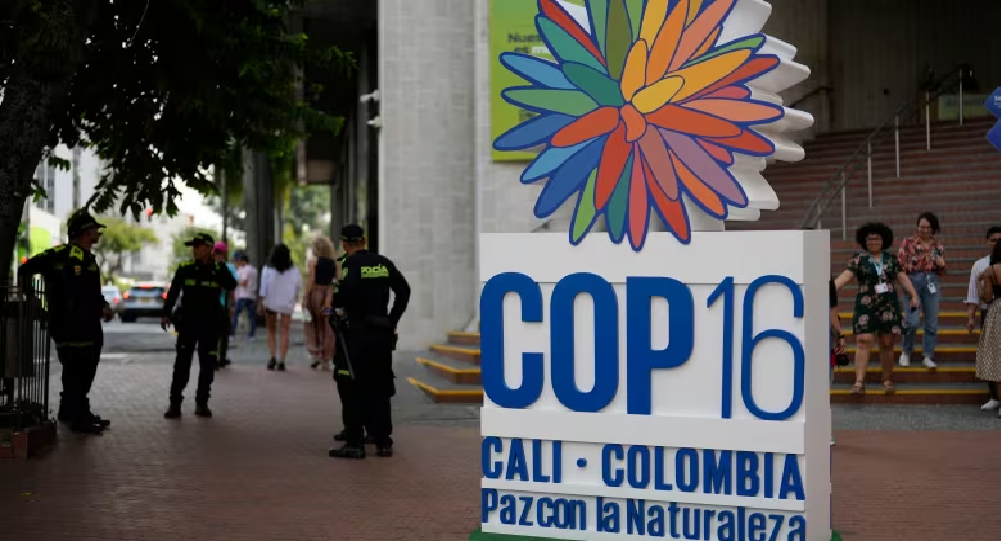Environmental leaders from almost 200 countries have convened in Colombia for the United Nations Biodiversity Conference (COP16) to assess progress on commitments to halt and reverse the destruction of nature. The two-week summit, starting on Monday, builds on the 2022 Montreal conference where 196 nations signed the Kunming-Montreal Global Biodiversity Framework. This landmark treaty aims to safeguard biodiversity by 2030.
Delegates in Cali will focus on addressing the alarming rate of environmental degradation and fulfilling the 2022 agreement’s goals. Key objectives include designating 30% of national territories for conservation, reducing subsidies that harm ecosystems, and requiring businesses to disclose their environmental impact.
Nations were expected to submit biodiversity plans, known as National Biodiversity Strategies and Action Plans (NBSAPs), before the summit. However, by Friday, only 31 of 195 countries had met this deadline.
Colombia’s Environment Minister and COP16 President, Susana Muhamad, highlighted the conference as a chance to harness collective global knowledge to establish more stable, sustainable conditions amid the ongoing crisis.
Wealthy countries had committed at COP15 to contributing $20 billion annually by 2025 to support developing nations in meeting biodiversity targets, increasing to $30 billion by 2030. By 2022, $15.4 billion had been raised, according to the OECD.
Gavin Edwards, director of Nature Positive, emphasized the need for COP16 to reinvigorate global efforts, while UN Secretary-General António Guterres urged significant investment in the Global Biodiversity Framework Fund.
The conference will also explore solutions to address biodiversity decline and climate change in tandem. Another focus will be establishing a global system for financing access to genetic data, called digital sequence information. Special attention is expected to be given to Indigenous communities, whose role in biodiversity conservation is critical yet often overlooked.
Indigenous leaders, particularly those from the Amazon region, hope to have their rights and ancestral knowledge better recognized during this summit.


